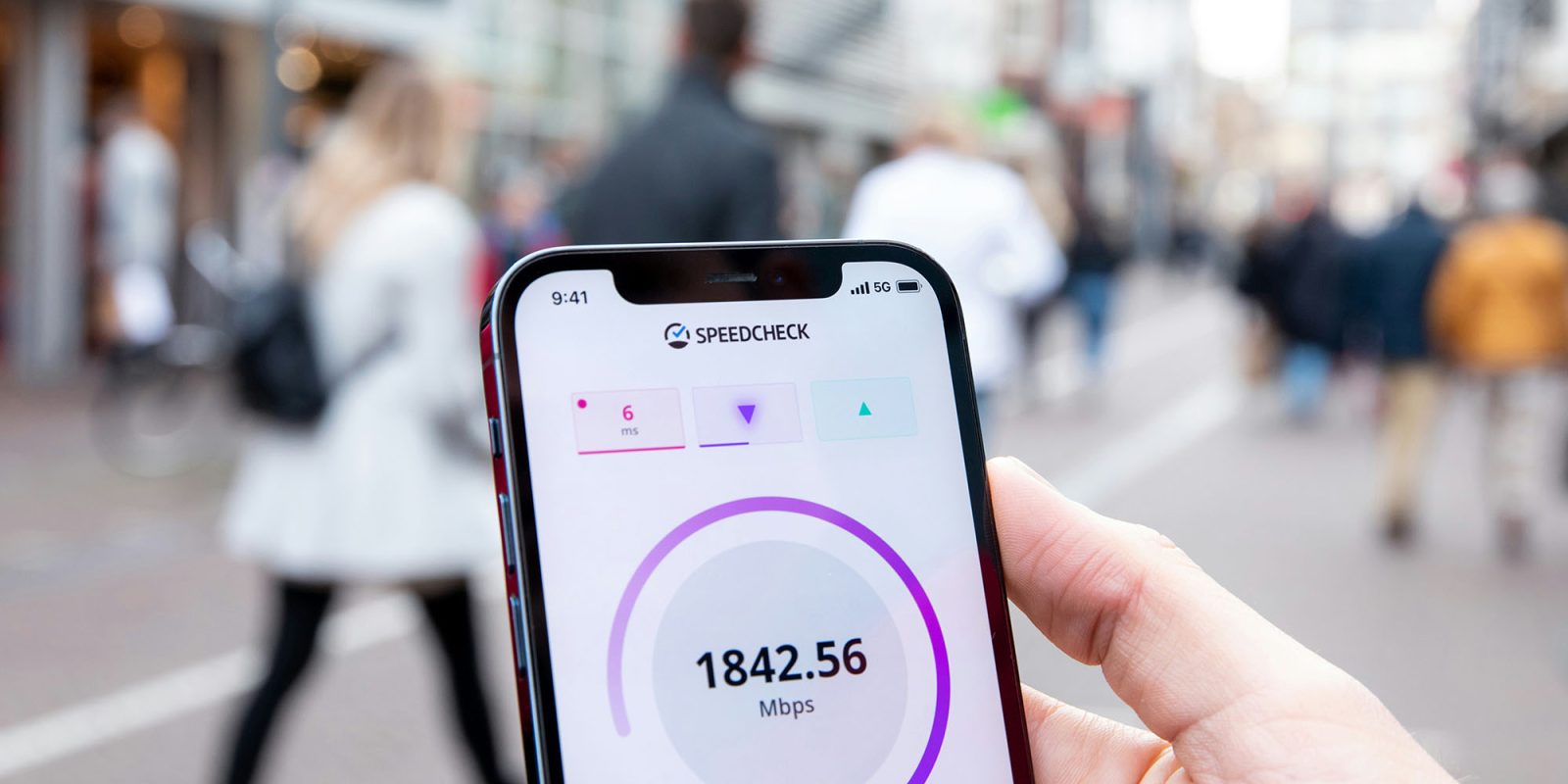
The Apple versus Qualcomm battle was fought fiercely for years, before circumstances forced the iPhone maker to agree a last-minute settlement.
But some Qualcomm shareholders were as unhappy as Apple about the chipmaker’s business practices, and they’ve finally managed to persuade the company to pay compensation …
A quick recap of Apple versus Qualcomm
Apple and Qualcomm had been suing each other for literally years. Apple took exception to two of Qualcomm’s terms. First, instead of charging Apple a flat licence fee for permission to use Qualcomm’s patented technology in iPhones, the chipmaker insisted instead on a percentage of the iPhone’s value. Apple felt that this was unfair, as Qualcomm was benefiting from all the other features that went into making a device it could sell for a four-figure sum.
Second, even when Apple bought its radio chips from Qualcomm, the chipmaker still insisted that Apple needed a patent licence as well. That was a practice the Cupertino company referred to as “double-dipping.”
Apple sued Qualcomm for alleged anti-competitive practices, and Qualcomm countersued when Apple instructed its suppliers to withhold payment.
Unfortunately for Apple, the company lost its plan B at the time: Intel. The rival chipmaker announced that it was exiting the 5G smartphone modem business. Since Apple’s own 5G chips were still years away, that left it stuck with Qualcomm. Apple settled the matter right at the beginning of the court case.
Some Qualcomm shareholders felt that they too had been cheated by the “double dipping” policy. They said that the company has misled them about the way its business practices worked, resulting in the company being over-valued, and sued the company.
Reuters reports that Qualcomm has now settled the case, agreeing to pay them $75M in compensation.
Shareholders accused Qualcomm of artificially inflating its share price between February 2012 and January 2017 by repeatedly describing its chip sales and technology licensing as separate businesses, when in fact Qualcomm bundled them to stifle competition […]
Qualcomm agreed to pay $75 million to resolve a lawsuit in which shareholders accused the chipmaker of defrauding them by hiding its anticompetitive sales and licensing practices. A preliminary all-cash settlement was filed on Tuesday with the federal court in San Diego
As part of the terms of the settlement, Qualcomm didn’t admit any wrongdoing.
Photo by Frederik Lipfert on Unsplash
FTC: We use income earning auto affiliate links. More.

 6 months ago
60
6 months ago
60







 English (US) ·
English (US) ·